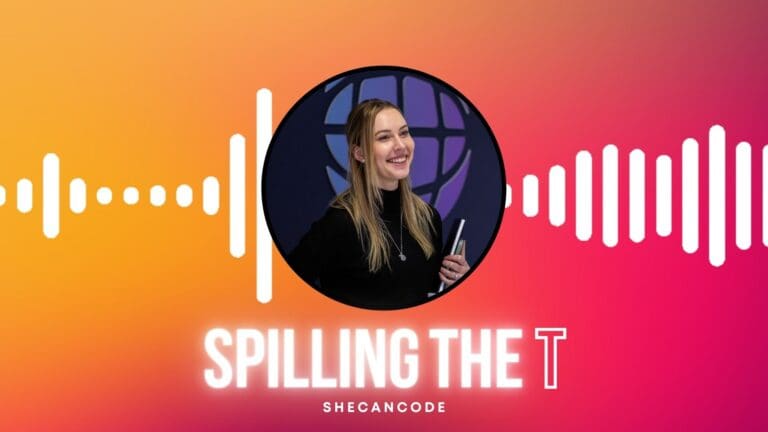In fact, I would venture to say that these aspects are particularly heightened when transitioning into something as shrouded in mystery as programming is to those who are unfamiliar.
And yet, people do it every day. It is scary, it is hard, but it is totally possible. And the truth is, having a non-technical background as an engineer can actually be a huge asset — you just have to know how to leverage it.
KNOW YOUR STRENGTHS
If you are in a place of making a career transition, this means you have accomplished building a career in a different area already, which is huge, so congrats. This previous experience likely taught you a lot about yourself as a professional. Maybe you’ve come to understand how you learn best, or that you’re great at managing other people, or that your creativity goes into total overdrive when you have the chance to collaborate with a coworker but you are unmotivated when working in isolation.
Much of this self-discovery can likely be applied to your new career path as well. Sure, software engineering is different, but you’re still trying to accomplish goals with a team of people. Don’t lose sight of what you already know about what makes you an additive team-member.
In addition to learning about yourself, you’ve learned about an industry. Programming is all about modeling parts of our world with software, and this requires a deep knowledge of the domain being modeled. Whatever area you’ve been working in — sales, marketing, project management — I can guarantee you that someone somewhere is building a tool for that role, and the combination of first-hand experience and software engineering expertise is an unbeatable combination for bringing that tool to life.
PICK A LANE
Software engineering encompasses a variety of more niche roles—there are backend and frontend engineers, dev-ops engineers, sales engineers, and more. These might all seem very similar at the start of your journey, but quickly they will begin to look vastly different. Understanding these nuances can be enhanced by leveraging career acceleration: the power of mentorship and sponsorship.
Thinking through your strengths and experiences, as well as what you’re interested in, pick the specialization that will be most fitting and fulfilling for you. Honing in on this early is beneficial because it makes an infinite world a little smaller and more manageable. It acts as a filter on the endless job postings and courses available, allowing you to focus your energies in more strategic ways. Most importantly, it is a kind of grounding force in this journey, helping quell the feelings of discomfort and unfamiliarity.
BE FLEXIBLE
When I decided to become a software engineer, I had very specific motivations for doing so. I wanted to work for a company with either a social or environmental angle, and this was deeply important to me.
Long-term goals are great to have, but it can be helpful to be a bit more flexible during a career transition. The most important thing is to keep moving forward, taking every chance to learn and grow as it comes. Six months working with great people at any company is invaluable, and an opportunity not to be taken for granted. Software engineering offers plenty of mobility, so don’t be too focused on nailing a specific job right away. You’ll find your way to where you want to be.








